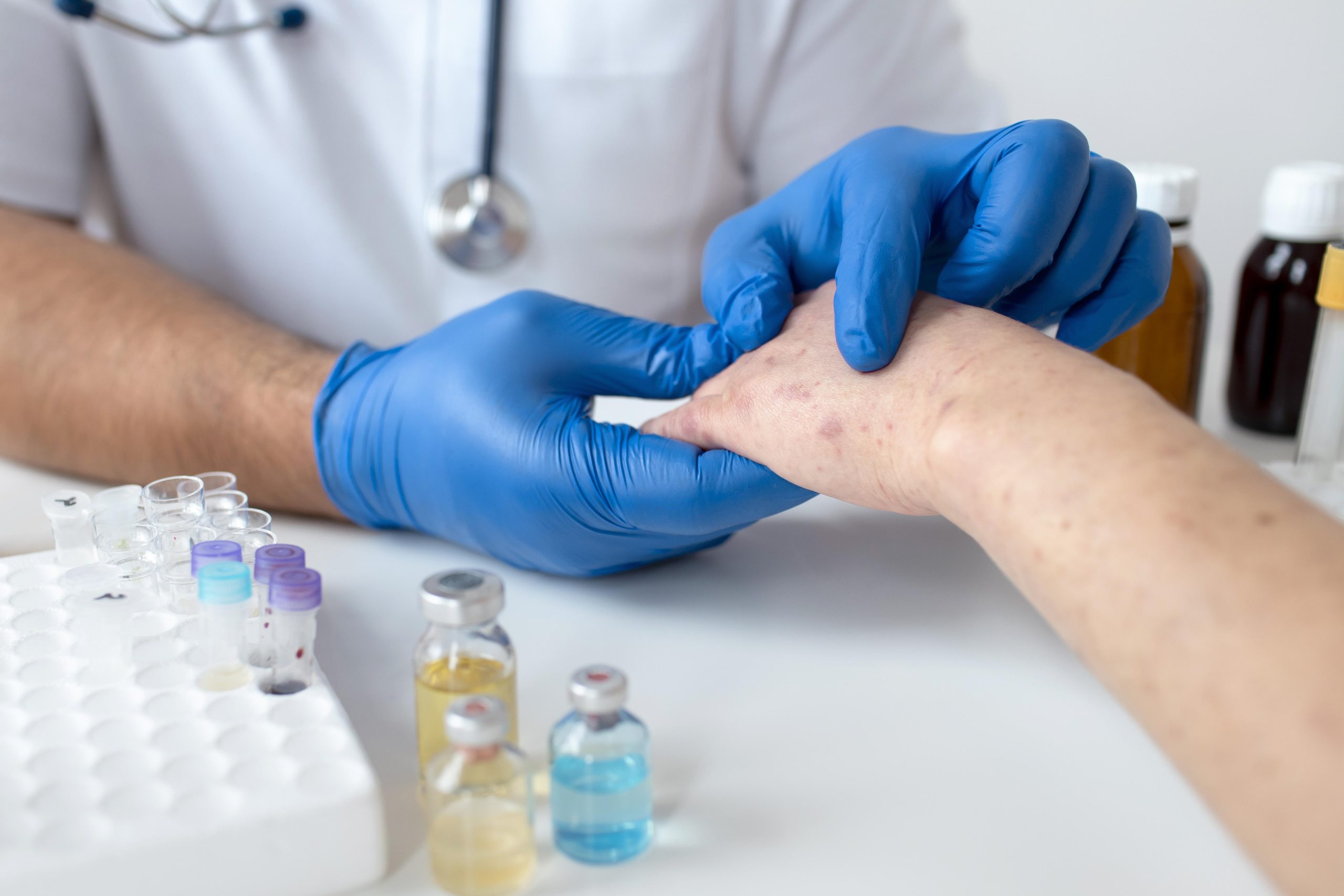Smallpox vaccines have played a crucial role in the fight against one of the deadliest infectious diseases in human history. The vaccines have been instrumental in the eradication of smallpox, and they continue to be used today to protect populations at risk of exposure. In this article, we will explore how smallpox vaccines work and why they are so important.
Smallpox vaccines are designed to protect against the variola virus, which causes smallpox. The vaccines work by stimulating the body’s immune system to recognize and attack the virus, thereby preventing infection or reducing the severity of the disease if infection occurs. Smallpox vaccines are made from a weakened form of the vaccinia virus, which is related to the variola virus but much less harmful.
When a person is vaccinated against smallpox, the vaccine is typically administered through a small puncture in the skin, using a bifurcated needle. The vaccine contains live vaccinia virus, which replicates within the body and triggers an immune response. The immune response produces antibodies that recognize and neutralize the vaccinia virus and also cross-react with the variola virus. This means that if a vaccinated person is exposed to the variola virus, their immune system is primed to respond quickly and effectively, preventing or mitigating the effects of the disease.
Smallpox vaccines are highly effective, with studies showing that the vaccine provides protection for up to 10 years after vaccination. In addition, some studies have suggested that the vaccine may provide long-term protection, with immunity lasting for decades or even a lifetime.




